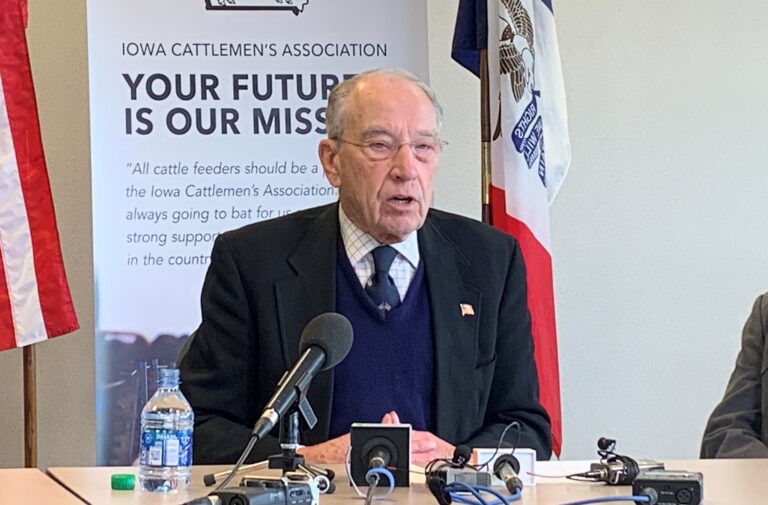IARN — Iowa State University Extension and Outreach plant pathologist Alison Robertson began studying fungicide applications in corn nearly 13 years ago. Her studies, commonly known as the cardinal fungicide trials, continue to evolve.
Iowa State University Extension and Outreach’s cardinal fungicide trials “compare products and timing.” Robertson says, “Farmers want to know the best time to apply fungicides,” and offers research-based insight.
“I no longer put in that V5/V6, early timing (application) because 10 years of data has shown us that that timing is not better than an R1 application. Also, when we combine that early application with an R1 application, we don’t get a synergistic effect. You get an additive effect of that,” Robertson says. “In times when the corn price is not great and your return on investment is narrow, you’re only going to want to spray fields once. So the best bang for your buck is going to be applying that fungicide at R1.”
“Data from the Southeast Research Farm is probably not going to be applicable to you in northwest Iowa, so we have these trials to represent what’s going on,” Robertson says. “The other thing is that I let the farm managers choose the hybrids they want to grow, so it’s a hybrid that’s good for your area.”
Robertson collects data from all six plots and then makes a state-wide recommendation. In addition, she provides data for specific areas through Iowa State University Extension and Outreach’s farm research reports.
Story courtesy of the Iowa Agribusiness Radio Network.











